The events of 1918 would have a profound impact on the world. The consequences of these events had a ripple effect that may still be seen today. Because 1918 was the final year of World War One, the war dominated the year’s important events.
In January, President Woodrow Wilson of the United States gave his famous Fourteen Points address, in which he outlined principles for achieving long-term world peace in the aftermath of World War I. Despite the fact that the Allied Powers’ actual peace conditions differed significantly from what Wilson stated in his Points, Wilson continued to advocate for peace terms that he believed would make this war the “War to End All Wars.” Also in the United States, the United States Congress approved the Sedition Act of 1918, which was a watershed moment for civil freedoms. This law said that Americans were not allowed to criticise the government or speak out against the war (WWI).
The Imperial family, the Romanovs, were assassinated in July by the Bolshevik Party in Russia, in an act that would shape events for at least a century. This signalled the end of Russian aristocracy control and the beginning of the Communist era, which would last until the end of the century. With the signing of the Treaty of Versailles, World War One came to an end. However, it should be recognised that the Treaty ended hostilities between the Allies and Germany. Separate treaties were signed by the other Central Powers with the Allies. It’s also worth noting that the end of the conflict brought the fall of a few empires. The Russian Empire, the German Empire, the Austro-Hungarian Empire, and the Ottoman Empire all dissolved, and new entities, if not nation-states, sprang from the ashes.
Indeed, the end of the battle signalled the beginning of the end of aristocratic authority in Europe. Finally, it is generally known that Germany was subjected to harsh peace conditions, to the point where animosity in Germany fueled the emergence of National Socialism, and ultimately the terrible Third Reich.
Continue reading to learn more about the events of 1918. (February 05, 1918) (March 19, 1918) (April 21, 1918) (May 09, 1918) (May 11, 1918) (May 15, 1918) (May 17, 1918) (June 08, 1918) (June 24, 1918) (July 09, 1918) (August 13, 1918) (August 13, 1918) Happy Birthday! (August 25, 1918) (November 11, 1918)
Event 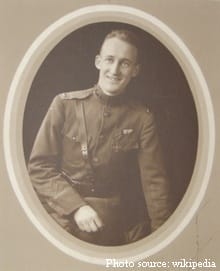
Stephen W. Thompson shoots down a German plane, marking the United States military's first aerial victory. 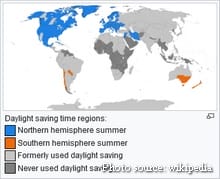
The Standard Time Act, signed by US President Woodrow Wilson, established Daylight Saving Time in the United States and gave the federal government control over the country's time zones.
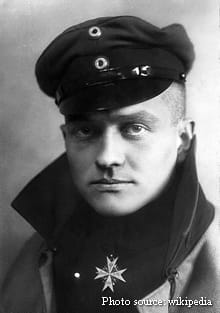
Manfred von Richthofen, dubbed "The Red Baron," is shot down and killed over Vaux-sur-Somme, France. 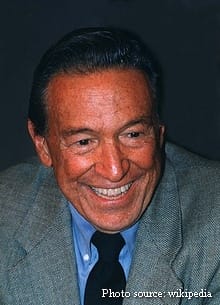
Mike Wallace, an American television interviewer and reporter most known for his forceful and brutal approach on the show 60 Minutes, was born. 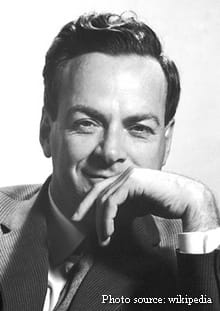
Richard Feynman, an American theoretical physicist, was born in New York City. 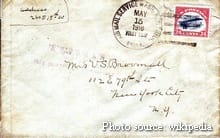
Between New York City and Washington, D.C., the first regular airmail service in the United States was established. 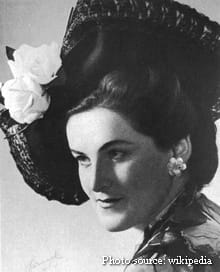
Birgit Nilsson, a Swedish operatic soprano famed for her powerful, rich voice and as a Wagnerian interpreter, was born in Västra Karup. 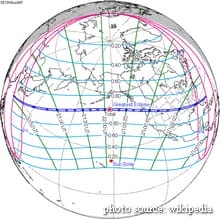

From Montreal to Toronto, Canada's first airmail service was established. 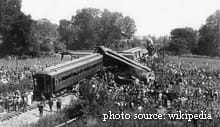
An inbound local train collides with an outbound express train in Nashville, Tennessee, killing 101 and wounding 171 people, making it the deadliest rail catastrophe in US history. 
In Germany, Bayerische Motoren Werke AG (BMW) was incorporated as a public business.
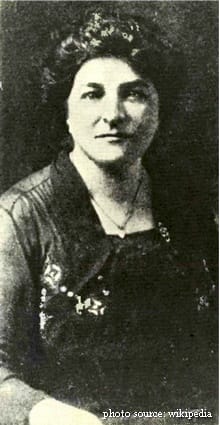
Women enlist for the first time in the United States Marine Corps. Opha May Johnson is the first female recruit.
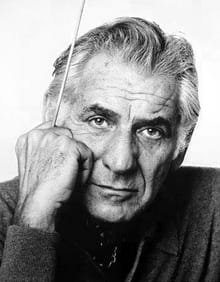
Leonard Bernstein, American pianist, composer, and conductor.
photo source: wikimedia.org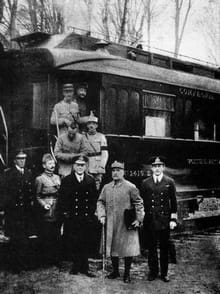
The Allied powers and Germany signed an armistice document in the railway carriage of Ferdinand Foch, the commander of the Allied armies, at 5:00 a.m. on this day in 1918, and World War I ended six hours later.
photo source: wikimedia.org





GIPHY App Key not set. Please check settings